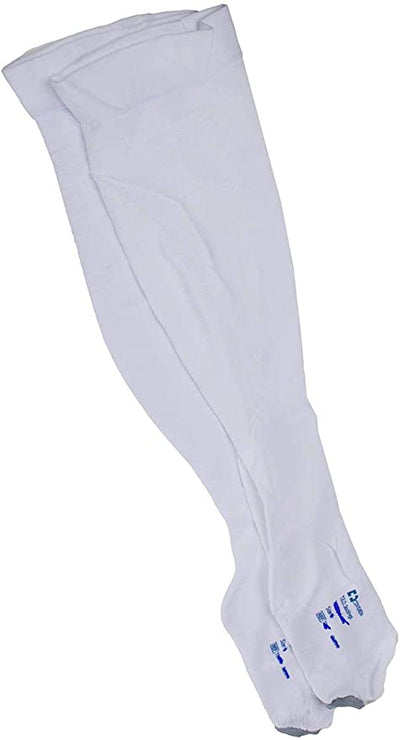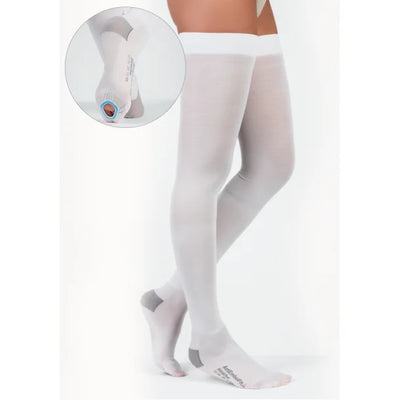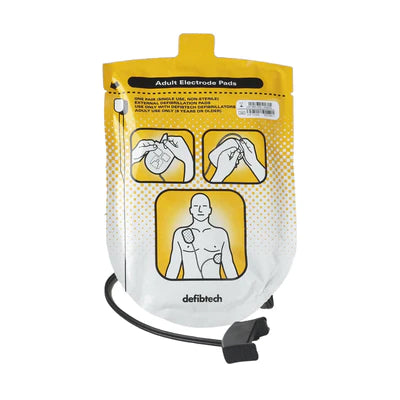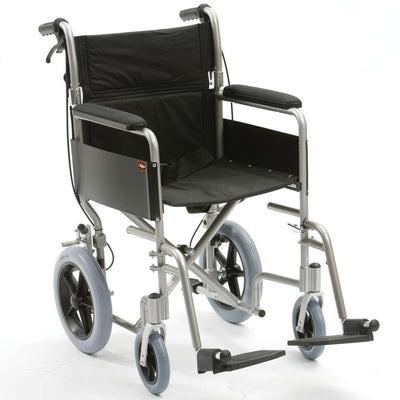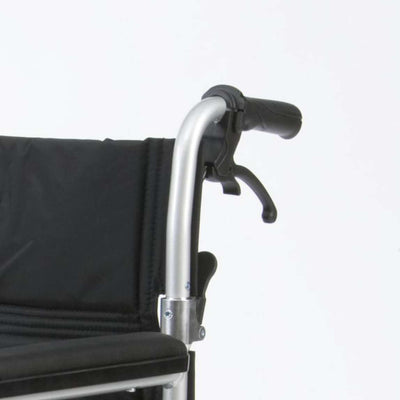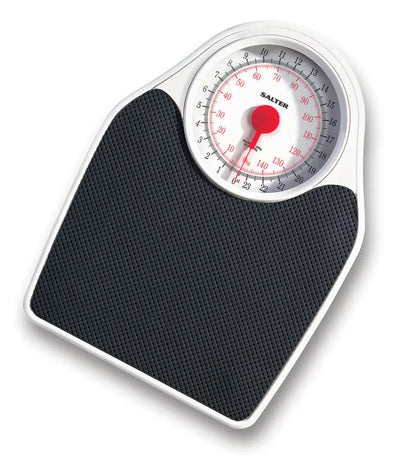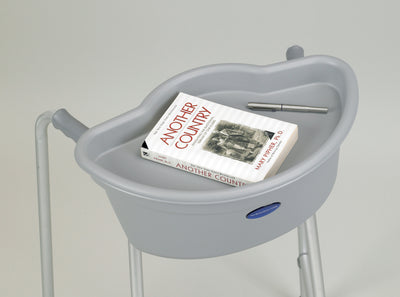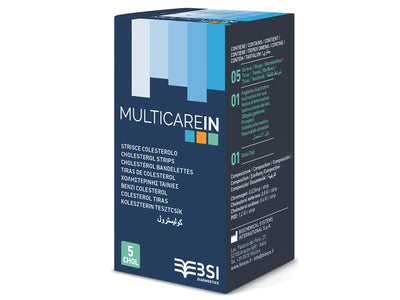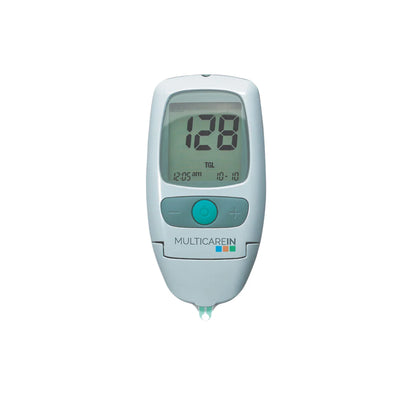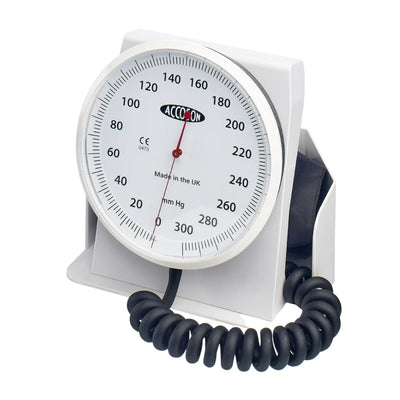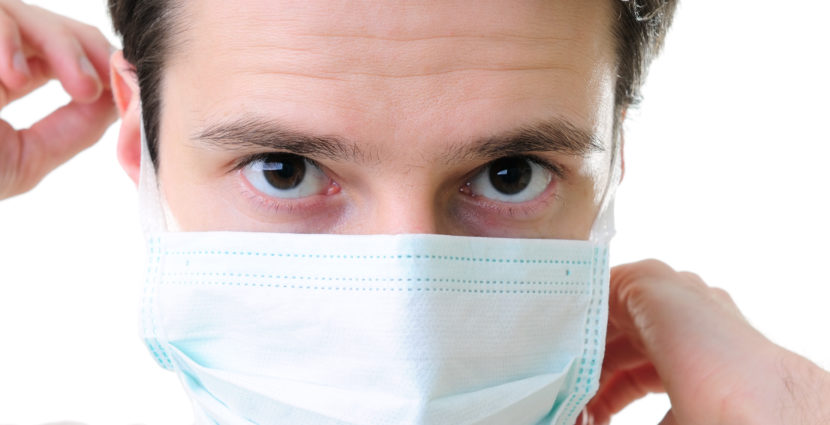What does wearing a face mask do?
The benefits of wearing a mask are undeniable, and it has proven protective effects against infections. There are, however, other possible hazards and adverse effects that demand consideration. This especially refers to usage among the general public.
-
Wear a mask to protect yourself and others
By lowering the possibility of spreading viruses, wearing a high-quality mask coupled with immunization, self-testing, and physical separation can help protect you and others.
-
Help not spread your illness
This is why the CDC and the World Health Organization advise wearing a mask even if you feel in good health (WHO). It's one approach to lessen the risk of unintentionally infecting others, especially those who are more likely to get very sick if exposed to any kind of virus.
When can we all ditch the masks?
-
When everyone is vaccinated
The research found at St. Jude's Hospital in Memphis, Tennessee that healthcare workers who received two doses of the Pfizer vaccine were 75% less likely to have asymptomatic infections. These findings served as the basis for the US CDC's decision to drop the mask mandate in the United States. These findings further implied that those who have received a COVID-19vaccination and did not exhibit any signs of sickness were considerably less likely to spread COVID-19 unknowingly and other viruses.
-
When the face masks restrictions are lifted
Due to the difficulties in determining whether a person who is not wearing a mask has actually received a vaccination or if they are simply tired of wearing them, it may ultimately be simpler in many areas to lift mask restrictions for everyone or none of the population depending on vaccination rates and virus risk in a population.
If you are unsure about your surroundings, it is better to wear a mask for your safety and for everyone else around you.
Some Nations Who Stopped Wearing Face Masks
- Israel was the first nation to revoke the requirement for face masks in April 2021 after achieving low rates of symptomatic COVID-19 sickness. Approximately 70% of Israeli citizens have received vaccinations.
- New Zealand has been commended from the beginning for its quick and successful response to the pandemic. The New Zealand government stopped the spread of COVID-19 among its population via non-pharmaceutical measures like tracking, tracing, and isolation of cases.
- South Africa is mask-free. In the recent government gazette, South Africa's health minister Joe Phaahla lifted all of the nation's remaining coronavirus-related restrictions including the wearing of masks, restrictions on gathering sizes, and border inspections for COVID-19.
As of writing, some nations have also lifted the wearing of face masks outdoors but when indoors it is often still mandatory to wear a face mask. However, it is not too late to work on lifting the mandatory face mask law if everyone is cooperating with the vaccinations and other health measures.
Are we ready to ditch face masks?
Pandemics can be scary and ditching face masks is a personal choice, but taking a few simple steps can help to protect yourself and your family. Get vaccinated against seasonal flu, wash your hands frequently, and stay at home if you’re sick. These simple steps can help to protect you from the threat of the pandemic flu and keep you healthy this flu season.
What should you do if you are not wearing a mask after coughing or sneezing?
The CDC advises using a tissue to cover the mouth and nose when coughing or sneezing when not wearing a mask, and to use the inside of the elbow if none are available. After any cough or sneeze, good hand hygiene is advised.
What are the materials for making masks for the coronavirus disease?
Three layers of fabric should be used to create fabric masks:
- Cotton or another absorbent material forms the inner layer.
- Non-woven, non-absorbent material in the middle, like polypropylene.
- Non-absorbent outer layer is made of polyester or a polyester blend.
Visit Mediworld to find the best medical face mask for your needs!
